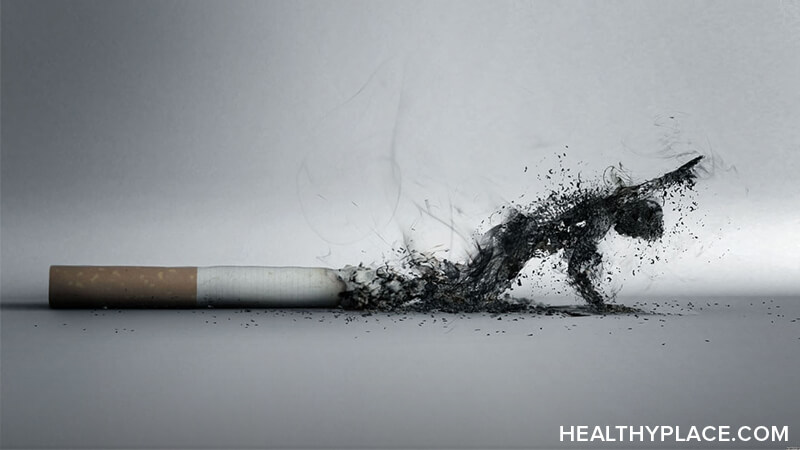Dangers of Nicotine: Effects of Nicotine on Your Health

Health effects of nicotine are substantial. Smoking cigarettes, cigars or pipes leads to development of health problems like cancer, emphysema, heart disease. Pregnant women who smoke put their child at risk.
Many Ignore the Dangers of Nicotine
Since 1964, 28 Surgeon General's reports on smoking and health have concluded that nicotine health risks are real and tobacco use is the single most avoidable cause of disease, disability, and death in the United States. Yet, some people still ignore the dangers of nicotine. In 1988, the Surgeon General concluded that cigarettes and other forms of tobacco, such as cigars, pipe tobacco, and chewing tobacco, are addictive and that nicotine is the drug in tobacco that causes addiction (read about: nicotine addiction). Nicotine provides an almost immediate "kick" because it causes a discharge of epinephrine from the adrenal cortex. This stimulates the central nervous system and endocrine glands, which causes a sudden release of glucose. Stimulation is then followed by depression and fatigue, leading the user to seek more nicotine.
Read more comprehensive information on How Nicotine Affects the Brain.
Nicotine Effects 24/7
Nicotine is absorbed readily from tobacco smoke in the lungs, and it does not matter whether the tobacco smoke is from cigarettes, cigars, or pipes. Nicotine also is absorbed readily when tobacco is chewed. With regular use of tobacco, levels of nicotine accumulate in the body during the day and persist overnight. One of the dangers of nicotine is that daily smokers or chewers are exposed to the effects of nicotine for 24 hours each day. Adolescents who chew tobacco are more likely than nonusers to eventually become cigarette smokers.
Addiction to nicotine results in nicotine withdrawal symptoms when a person tries to quit smoking. For example, a study found that when chronic smokers were deprived of cigarettes for 24 hours, they had increased anger, hostility, and aggression, and loss of social cooperation. Persons suffering from nicotine withdrawal also take longer to regain emotional equilibrium following stress. During periods of abstinence and/or craving, smokers have shown impairment across a wide range of psychomotor and cognitive functions, such as language comprehension.
Nicotine Health Risks: Effects of Nicotine on Women
Women who smoke generally have earlier menopause. Pregnant women who smoke cigarettes run an increased risk of having stillborn or premature infants or infants with low birth weight. Children of women who smoked while pregnant have an increased risk for developing conduct disorders. National studies of nicotine health risks in mothers and daughters have also found that maternal smoking during pregnancy increased the probability that female children would smoke and would persist in smoking.
In addition to nicotine, cigarette smoke is primarily composed of a dozen gases (mainly carbon monoxide) and tar. The tar in a cigarette, which varies from about 15 mg for a regular cigarette to 7 mg in a low-tar cigarette, exposes the user to an increased risk of lung cancer, emphysema, and bronchial disorders.
The carbon monoxide in tobacco smoke increases the chance of cardiovascular diseases. The Environmental Protection Agency has concluded that secondhand smoke causes lung cancer in adults and greatly increases the risk of respiratory illnesses in children and sudden infant death.
Sources:
- NSDUH (formerly known as the National Household Survey on Drug Abuse) is an annual survey of Americans age 12 and older conducted by the Substance Abuse and Mental Health Services Administration.
- National Institute on Drug Abuse
APA Reference
Gluck, S.
(2021, December 16). Dangers of Nicotine: Effects of Nicotine on Your Health, HealthyPlace. Retrieved
on 2026, March 4 from https://www.healthyplace.com/addictions/nicotine-addiction/dangers-of-nicotine-effects-of-nicotine-on-your-health



